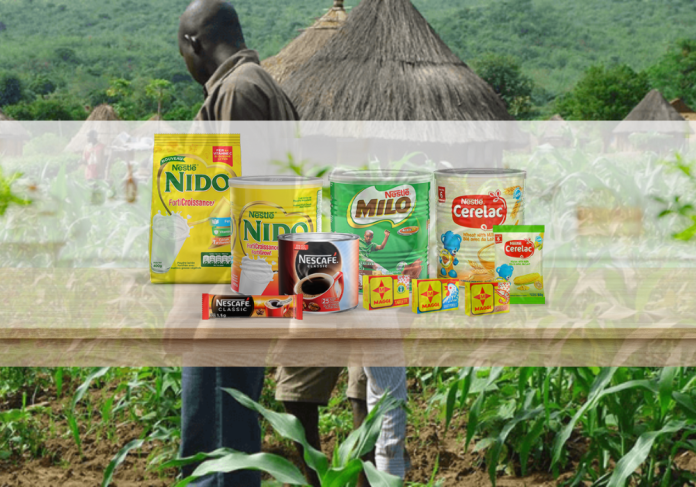News in brief: Nestle, facing foreign exchange challenges in Nigeria and other African countries, aims to increase reliance on local supply for its production. The company is training local farmers, exploring alternative raw materials, and considering backward integration.
Nestle, a fast-moving consumer goods (FMCG) giant, is looking into increasing reliance on local production as foreign exchange (FX) crunch worsens in Nigeria and other African countries.
Nestle Nigeria is likely seeing the worst of it as the country’s apex bank recently lifted forex cap which saw the Naira go from about â¦460 per dollar to over â¦750.
The company makes food and cereal like Golden Morn and Nutrend, as well as beverages like Milo and Nescafe, locally. Not to forget that its seasoning cube product, Maggi, is the most popular cooking seasoning in the country.
These products require raw materials like starch, vegetables, spices, and tumeric in large quantities, which local production has not been able to cover. So, the company have had to rely on imports. With currency fluctuations, importing these raw materials were becoming a problem.
It is important to note that Nestle, Unilever, and other competitors have been thinking of bring supply closer to their production location for a while now. As Reuters noted, the COVID-19 pandemic had been a wakeup call after it disrupted global supply.
The food company said that it has undertaken training local farmers and processors in good agricultural practices, harvesting, warehousing and cleaning practices to cover its grain needs. It is moving on to teaching them sustainability practices like regenerative agriculture.
Additionally, it is planning to use cassava starch to replace corn starch as Nigeria grows the most cassava in the world, thanks to its climate and soil.
Nestle said that it wants to also source its onion powder in Nigeria and Senegal while the former will be responsible for supplying its tumeric powder needs.
However, local production has many considerations to take note of. For example, as Unilever said, it costs more to source its raw materials locally than importing from Asia. FrieslandCampina WAMCO’s managing director said something similar about local milk production costs. Although, in the long run, backward integration usually pays off.



